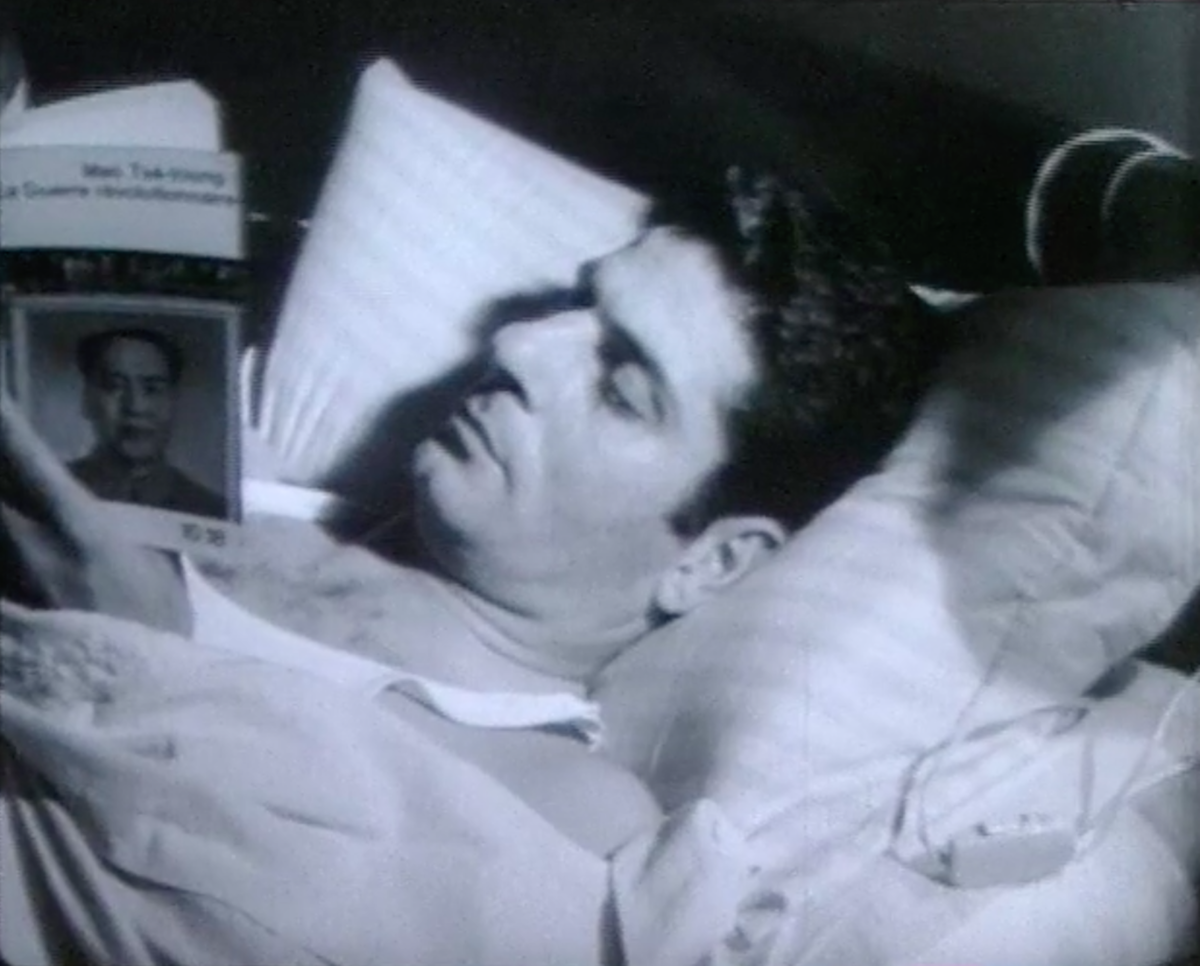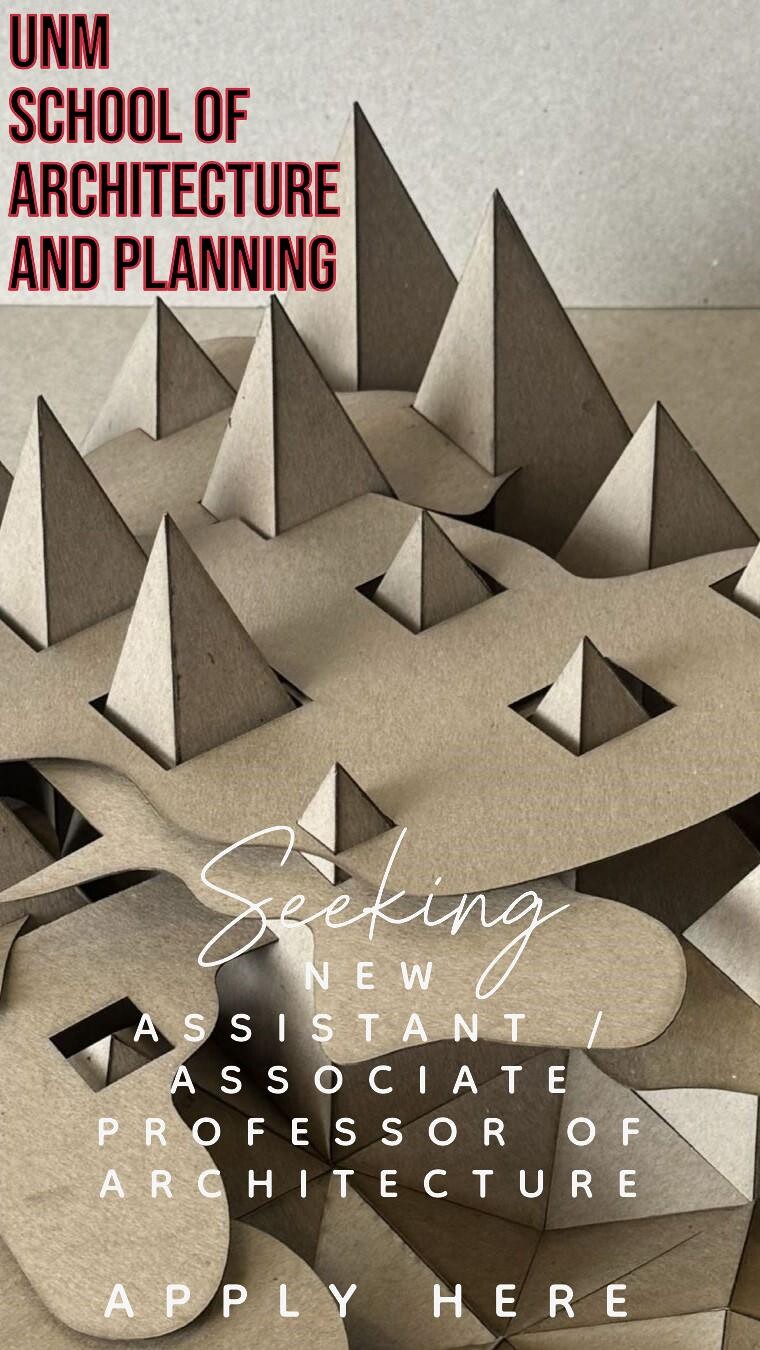Social Studies
Films by Maher Abi Samra, Marwa Arsanios, and Jumana Manna
Followed by a conversation with Jumana Manna, moderated by Amir Husak
Admission is free; suggested donation $5
September 16, 2022, 7pm
Brooklyn, NY 11205
USA
The program Social Studies presents Christian Ghazi’s 1969 film A Hundred Faces for a Single Day in conversation with three films from Lebanon and Palestine made between 2008 and 2016.
Ghazi’s avant-garde cinematic manifesto captures a society at the cusp between Lebanon’s so-called Golden Age and the protracted civil war that would erupt soon after in 1975. Depicting the early days of a revolutionary moment—in which the filmmaker was a participant—that brought Palestinian and Lebanese liberation struggles together with workers’ movements, the film is a scathing critique of Lebanon’s political and cultural bourgeoisie, as well as a warning against neglecting one’s own internal pitfalls.
Decades after Ghazi’s Hundred Faces, the films of Maher Abi Samra, Marwa Arsanios, and Jumana Manna can be said to turn our gaze inwards once again to grapple with social oblivion conveniently masked by more pressing political concerns. Their films ask how the task of building a shared social consciousness becomes constantly consumed by sectarian divisions, military occupation, and corruption, whereby any kind of social reckoning or emancipation remains a mostly private undertaking. When will such efforts gain entry into politics?
This program is co-presented by ArteEast and e-flux Screening Room and is curated by Amal Issa. This series is part of the legacy program Unpacking the ArteArchive, which preserves and presents over 17 years of film and video programming by ArteEast. Maher Abi Samra’s A Maid For Each, Marwa Arsanios’s I’ve Heard Stories 1, and Jumana Manna’s Blessed Blessed Oblivion will be screened in-person at e-flux Screening Room on Friday, September 16, at 7pm followed by a conversation with filmmaker Jumana Manna moderated by Amir Husak. The full program, including Christian Ghazi’s A Hundred Faces for a Single Day, will be screened online on artearchive.org from September 17-23. For more information on the online screening, visit artearchive.org.
Maher Abi Samra, A Maid For Each
2016, 67 minutes | Lebanon/France/Norway/UAE | Arabic and Amharic with English Subtitles
Today, having a live-in maid in Lebanon is no longer a luxury nor a distinction of social class, but a common practice for upper and middle (mostly urban) classes since the end of the civil war in 1990. Domestic work is a real market in Lebanon, segmented according to the nationality and ethnicity of the workers, and in which the Lebanese employer is master and the worker the property. Zein owns a domestic worker agency in Beirut. He arranges for Asian and African women to work in Lebanese households and assists his clients in choosing “mail-order” housemaids that will best suit their needs. Advertisement, the legal system, police are on his side. He agrees to open his agency to us.
Marwa Arsanios, I’ve Heard Stories 1
2008, 4 minutes | Lebanon | Arabic with English Subtitles
Built by Polish architect Karol Schayer in 1957, the iconic Carlton Hotel was, in its time, a popular meeting place for gay men in Beirut. Between 1973 and 1993, the hotel was also the setting of three murders that might or might not have been related to sexual encounters. Among the victims of these (probably) passionate crimes was Lebanese politician and businessman Henri Pharaoun. Known as the designer of the Lebanese flag and, for much of his lifetime, as Lebanon’s wealthiest man, Pharaoun was found dead beside his driver/bodyguard, both stabbed multiple times. The nature of the murder went unreported, but was rumored to have been committed by a former lover who had also worked for him. Arsanios’ reconstruction of the event—made just prior to the hotel’s demolition in 2008—blends animation and video, gossip, and fact in an effort to give the crime a place in the city’s history.
Jumana Manna, Blessed Blessed Oblivion,
2010, 21 minutes | Palestine | Arabic with English Subtitles
Blessed Blessed Oblivion weaves together a portrait of masculine performativity in East Jerusalem, manifested in gyms, auto body shops, and hair dressing parlors. Inspired by Kenneth Anger’s Scorpio Rising (1963), the video uses visual collage and music as ironic commentary. Anger’s subjects—leather-clad bikers—serve as a counterpoint to the culture Manna attempts to portray, that of male “thug” culture in East Jerusalem. Simultaneously psychologizing the characters and seduced by them, Manna finds herself in a double bind similar to the conflicted desire that animates her protagonist as he drifts from abject rants to declamations of heroic poetry or unabashed self-praise.
Accessibility
–Two flights of stairs lead up to the building’s front entrance at 172 Classon Avenue.
–For elevator access, please RSVP to program@e-flux.com. The building has a freight elevator which leads into the e-flux office space. Entrance to the elevator is nearest to 180 Classon Ave (a garage door). We have a ramp for the steps within the space.
–e-flux has an ADA-compliant bathroom. There are no steps between the Screening Room and this bathroom.
For more information, contact program@e-flux.com.


